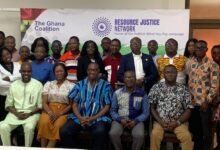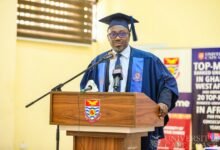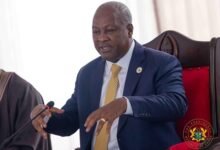Govt, devt partners urged to engage youth for devt

Youths Rights Activists in the country have called on government and development partners to intensify their engagements with the youths to enhance inclusiveness and spur development.
Edith Asamani, Right to Health Activist, Akwasi Sarpong, Youth Civic Engagement Activist, Rachel Obidieh, Rights of Refugees Activists and Aaron Atimpe, Governance and Human Rights Activists argued that development could be realised only when the young people have increased inputs and influence over national plans and policies.
They were speaking in Accra during a meeting with the United Nations (UN) Resident Coordinator in Ghana, Sylvia Lopez-Ekra, and other heads of UN agencies in the country.
It was part of activities to mark this year’s International Human Rights Day which was under the theme “Standing up for Human Rights”and ends the 16 days of activism against gender-based violence.
Ms. Asamani, said it was imperative awareness creation on social issues were used as an avenue to change the mindset of people who normaliseabnormal behaviour.
She said the tendency for victims and perpetrators of abuses to normalise such practices was inimical to social and economic growth.
“This is the gap we must address as activists, governments and development partners. We must root out the notion that abuses of any form are normal,” she added.
She further called for an integration of mental health in all initiatives saying that “all aspects of the social challenges we face have a drain on our mental health state and so that’s an area we have to address as well.”
On his part, Mr Sarpong, reiterated the importance of civic engagement adding that it was the most effective tool to seek the inputs of young people and make them effective social partners as well asharness theirpotential.
Ms Obidieh, urged the UN to provide support to initiatives that promote job creation to enable refugees improve their livelihoods.
According to MrAtimpe, the current polarisedpolitical landscape coupled with high cost involved in political participation were disincentives for young people to engage in governance issues
In response, Madam Lopez-Ekra, said young people represent the future of the world and it was necessary those in positions work in support of their aspirations and address challenges they face.
This, she said, could be achieved through regular engagements and sustainable initiatives that drive change “stating that we must ensure that young people play a role in our development efforts.”
Beginning next year, she said, UN Offices in Ghana would set-up joints group to include various youths organisationsthat would champion change in their respective area of activism.
BY CLAUDE NYARKO ADAMS







